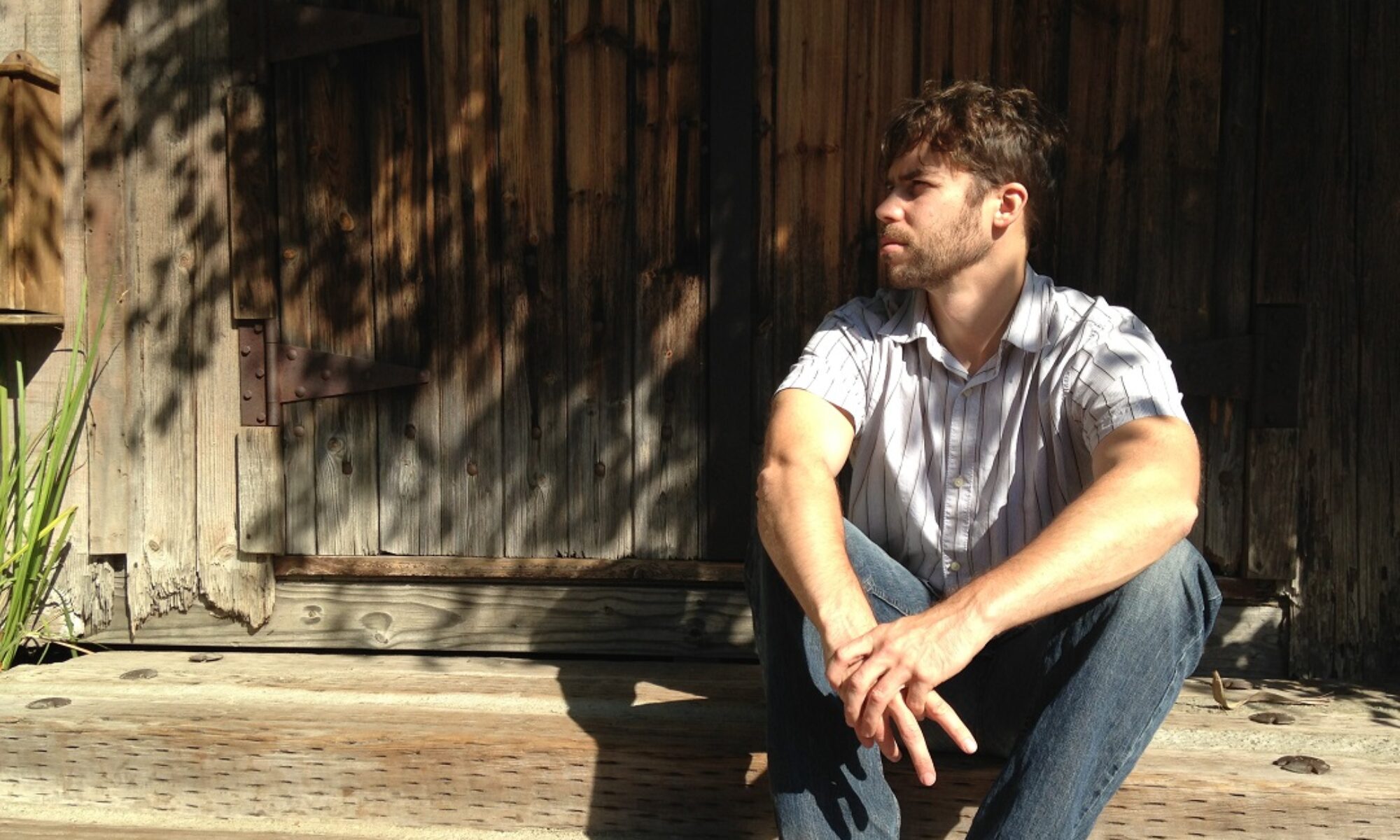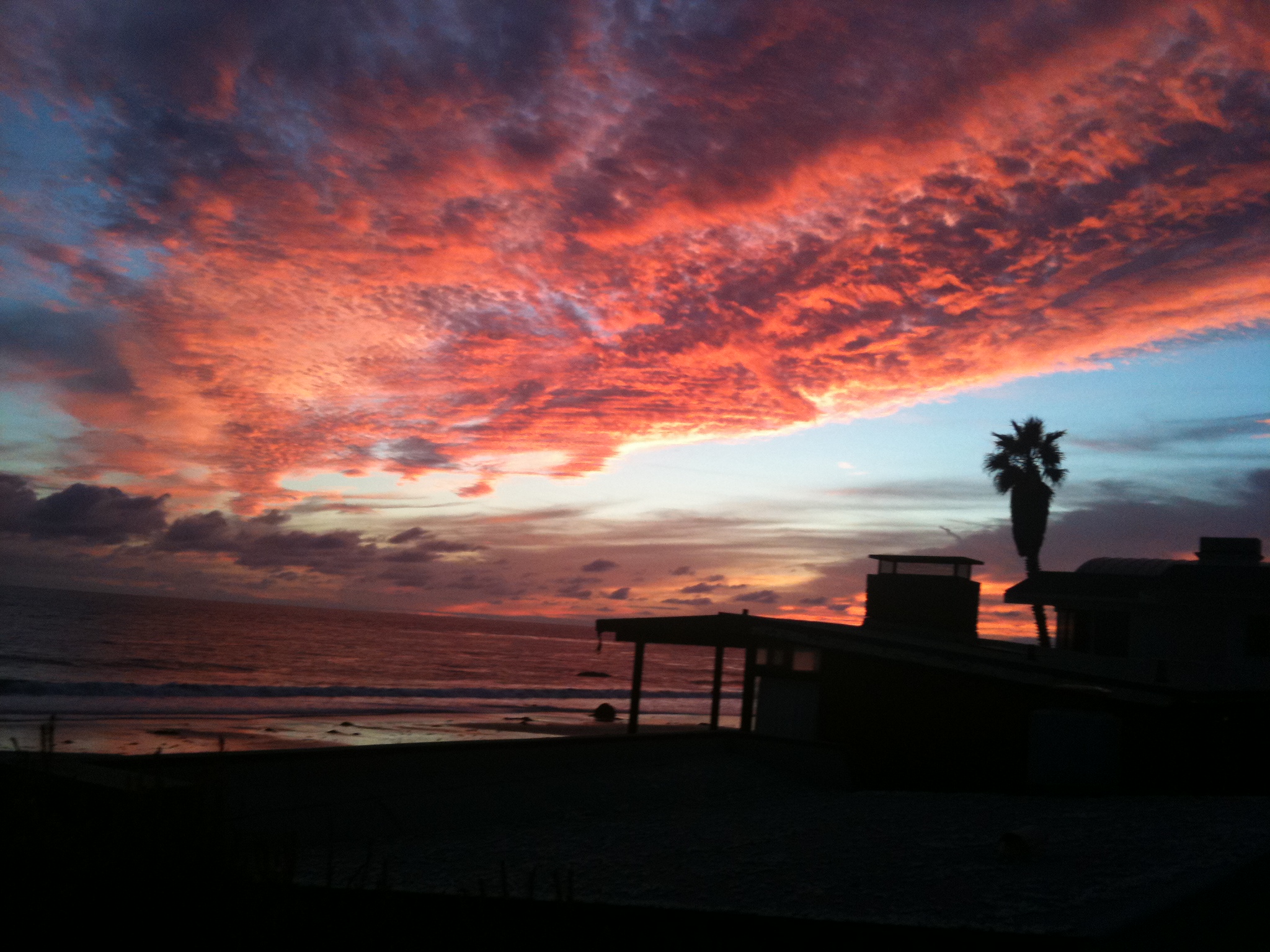The TV show Heroes was written and shot at Sunset-Gower Studios in Los Angeles, which was fun, because Smallville had been shot in Canada, so most of us in Smallville‘s Los Angeles-based writer/post-production office had seen the actors and crew only once or twice a year.
One time at Sunset-Gower, we were shooting a Heroes “webisode” (a mini-episode for Internet release) and I was on set marking scenes for screen grabs to illustrate a web-based choose-your-own-adventure-style story that would star the same character as the webisode. We were holding for some lighting changes, and I felt out of place just standing there while everyone else was running around — “some guy from the network” — so I went off to one side to look as busy as one could with nothing but a clipboard and five hours of sleep. Around this time, one of the show’s senior actresses came on the set, promptly drawing a crowd of production assistants, writers, and assistant directors. After a minute, I heard people get quiet, and I realized the actress was calling me over. She asked who I was, and we ended up chatting for a couple minutes while everyone else stood there awkwardly for a change.
I enjoyed that more than I should have.



